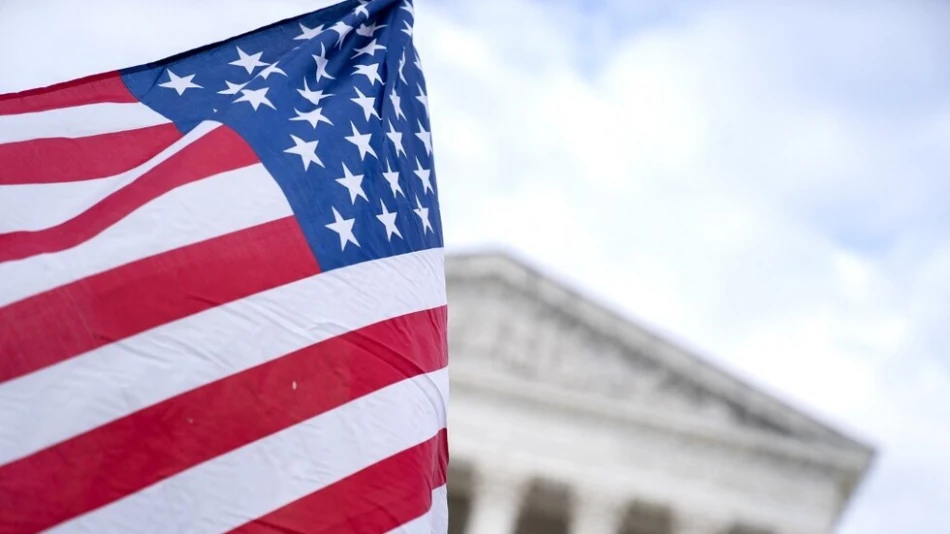
U.S. Government Shutdown Looms After 7 Years, Raising Concerns for the Future
The US government is heading toward its first shutdown in nearly seven years as Congress faces a stubborn partisan deadlock over funding and healthcare issues. Democrats and Republicans have failed to reach an agreement that would prevent a widespread halt of services, threatening to furlough thousands of federal employees temporarily or permanently.
Government operations are set to stop at 12:01 AM Saturday (Washington time) if the Senate fails to pass a bill already approved by the House. That bill would extend federal funding for seven weeks while lawmakers finish working on annual spending bills.
Here's where the two sides stand: Democrats insist on linking any temporary funding bill to extending expiring healthcare benefits, plus other demands. President Trump and Republicans refuse to negotiate, demanding a "clean" bill that simply keeps the government running without controversial additions.
After a White House meeting between Trump and congressional leaders that produced no breakthrough, Senate Democratic leader Chuck Schumer said: "It's now in the president's hands. He can prevent a shutdown if he pushes Republican leaders to agree to what we want."
Vice President JD Vance struck a different tone after the meeting: "I think we're headed toward a shutdown because Democrats won't do the right thing."
The math in the Senate makes this tricky for Republicans. Even with their 53-47 majority, they need at least eight Democratic votes to break a filibuster and pass the bill with the required 60 votes. Republican Senator Rand Paul is expected to vote against the measure, making Democratic support even more critical.
Democrats are pushing hard to extend tax credits for the Affordable Care Act (Obamacare) that boosted health insurance subsidies for millions of Americans since the COVID pandemic. These credits, designed to expand coverage for low- and middle-income people, expire at the end of the year.
"We will not support a partisan Republican spending bill that continues to undermine healthcare for ordinary Americans," said House Democratic leader Hakeem Jeffries.
Senate Republican leader John Thune urged Democrats to vote for the funding bill and discuss tax credits later. He noted that some Republicans are open to extending the credits but with new restrictions. "This is tantamount to holding the American people hostage, and the American people are the ones who will pay the price," Thune warned.
Trump made clear before the meeting that he wouldn't negotiate on Democratic terms, saying their ideas "aren't very good." Hours after the talks, he posted a fake video mocking Schumer and Jeffries, prompting Jeffries to respond that "bigotry won't get you anywhere" and "we won't back down."
Federal agencies have already started sending out their emergency plans for a funding halt, including details about which offices will stay open and which employees will be furloughed. The White House told agencies that a shutdown could lead to widespread layoffs across the government.
Trump's budget director, Russ Vought, called the Democratic position "hostage-taking" and said "we won't accept that." But Vought had previously advised conservative hardliners in Congress to use the threat of shutdowns to negotiate political concessions.
While partisan standoffs over government spending happen regularly in Washington, this deadlock comes at a time when Democrats see a rare chance to use their leverage for policy goals. Their base is increasingly eager for confrontation with Trump, and the healthcare issue gives them something concrete to fight for that affects millions of Americans directly.
Most Viewed News

 Sara Khaled
Sara Khaled






